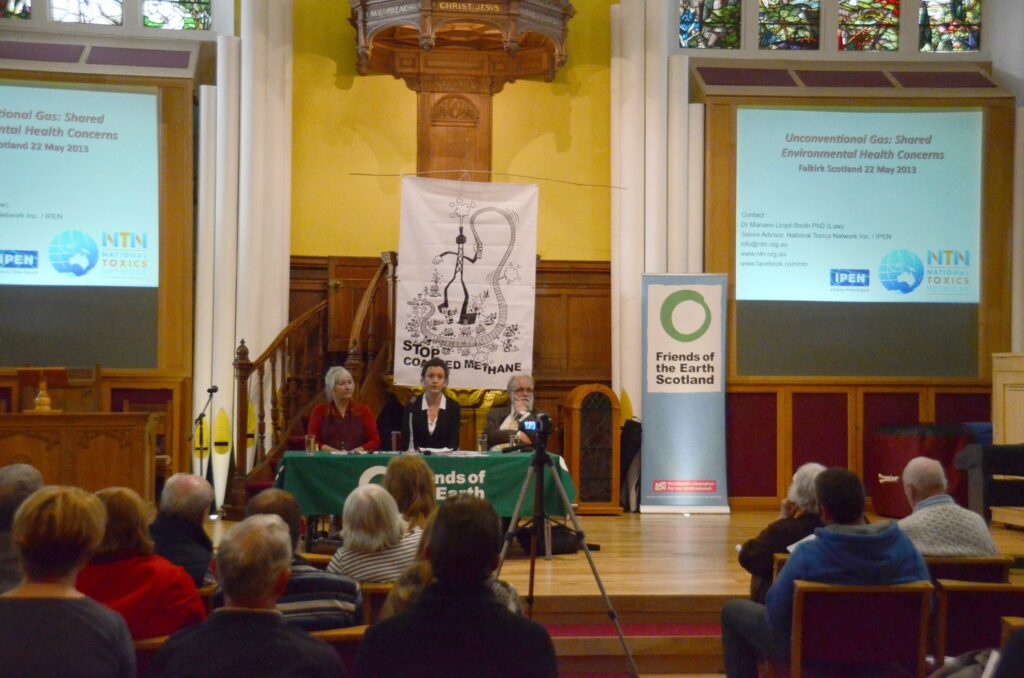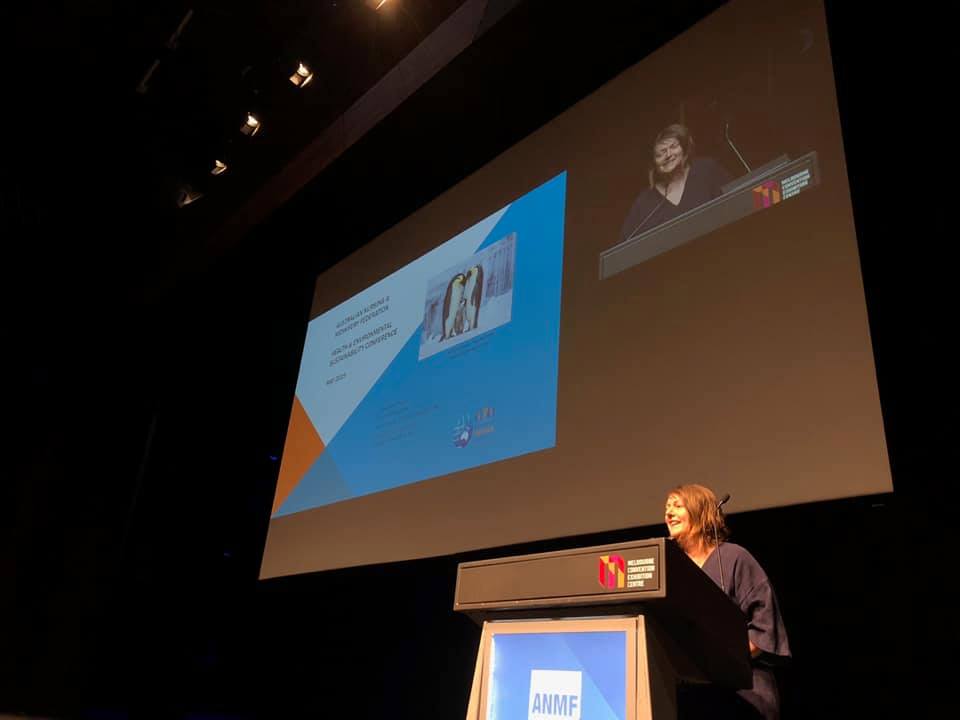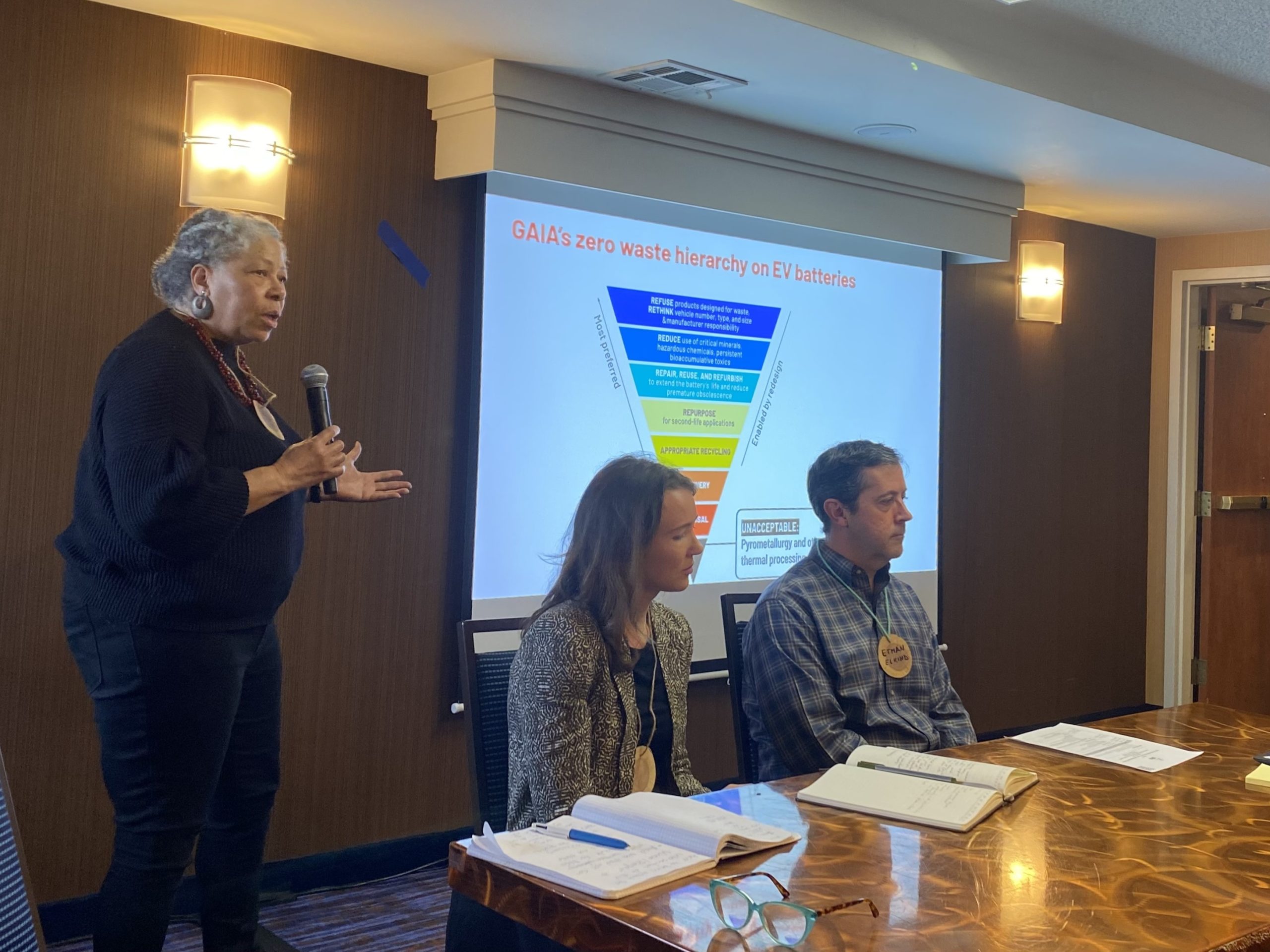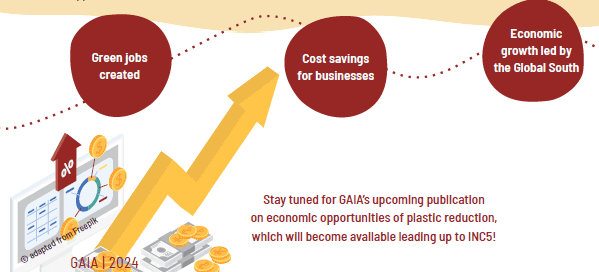National Toxics Network (Australia)
More committed than ever….
Interview with Jane Bremmer by Sonia G. Astudillo
Over 25 years of fighting pollution and protecting environmental health and justice in Australia and the rest of the Oceana region, the National Toxics Network is more committed than ever to realizing the Zero Waste goal. GAIA Asia Pacific sat down with Jane Bremmer, currently NTN Secretary, Zero Waste Australia Coordinator, and Chair of the Alliance for a Clean Environment to talk about their history and stories.
• The National Toxics Network and Zero Waste Australia at a glance.
NTN is a not for profit, civil society network working towards pollution reduction, protection of environmental health and environmental justice for all. As the Australian focal point for the International Pollutants Elimination Network (IPEN), NTN is committed to creating a Toxics-Free Future and working towards the full implementation of the Stockholm Convention on Persistent Organic Pollutants and other global chemical conventions.
Formed in 1993, NTN has more than 50 members representing groups and individual experts including scientists, doctors, lawyers, and academics. NTN represents civil society in social engagements to improve the protection of the environment through better regulation.
Zero Waste Australia, one of the campaigns of NTN, was set up as a response to an urgent need to have a visible campaign against incineration.
• What are the organization’s top priorities?
Our top priorities include the work on international chemicals regulation, Zero Waste Australia, and stopping incineration, plastics pollution, ocean marine pollution, pesticides, and the impact of all pollution to the environment.
We provide guidance and campaign support for groups at a more local level but also have national campaigns like ZWA. We also work on health impacts of fossil fuels and petrochemical industry. We provide scientific report, expertise, and support for local communities living close to incinerators.

• Is community engagement the main strategy of NTN?
Definitely. We are there to support grassroots campaigns. We need to make sure that the public knows enough to engage. We rely on platforms that are available to us: social media, media, civic engagement, public forums, and right to know community events.
• What are the advantages of community engagement in winning campaigns?
With community engagement, you empower communities to uphold their rights and to challenge decision makers on projects inflicted on them. It exposes what the government is doing and empowers the community to organize at the local level where the most impact is going to be felt. It is about giving voice to the grassroots and empowering them to act for the protection of health, environment, and children.
• What are NTN’s biggest accomplishments/achievements on the Zero Waste movement?
It is to activate and empower all over Australia so when an incineration project is being planned, there is an engaged community ready to reject it.
The ZWA movement is now a national voice for systemic change. We are changing the narrative that individuals are the source of the problem.

• Is community engagement the same strategy used by the ZWA campaign?
Yes. ZWA specifically targets stopping incineration, promoting sustainable Zero Waste policies, and addressing the global impacts of plastics pollution. We do direct engagements, we assist and empower the community in local and state levels, we provide materials and expertise, we engage with local, state, national, and international media, we generate opportunities for the community to be heard, and we speak to the academe and other NGOs.
• What are the main environmental issues that Australia is facing?
Climate change. That has been in the international media with the catastrophic bush fire. Australia is a hot country and the mining engine for the whole south. We are suffering some of the worst climate change impacts and it is happening because we are heavily imbedded in mining. Fracking is an issue too. But the world is waking up to the dire impacts on first nation people and the threat to our shared human rights.
• How do you see your organization’s work evolving in the next few years?
We are running a very successful campaign. I can see the awareness of communities and societies has vastly increased. What gives me hope is the incredible organization of grassroots communities. That is very inspiring. People are organizing and resisting. We are influencing change.
People are also recognizing the growing connection with climate justice movement. That is going to empower more people and make us a bigger movement. That will draw real change. People are starting to regain hope. We are talking about solutions and systems change that will help us sustain the future.
• Is Australia closer to the zero waste goal that when you started?
Absolutely. Every state in Australia now is pursuing the circular economy agenda. Every state is aware of the importance of Zero Waste policies. A few years ago, the term was unheard of. Our work is critical in pushing the agenda forward. Definitely a big change when we consider where we were.





























